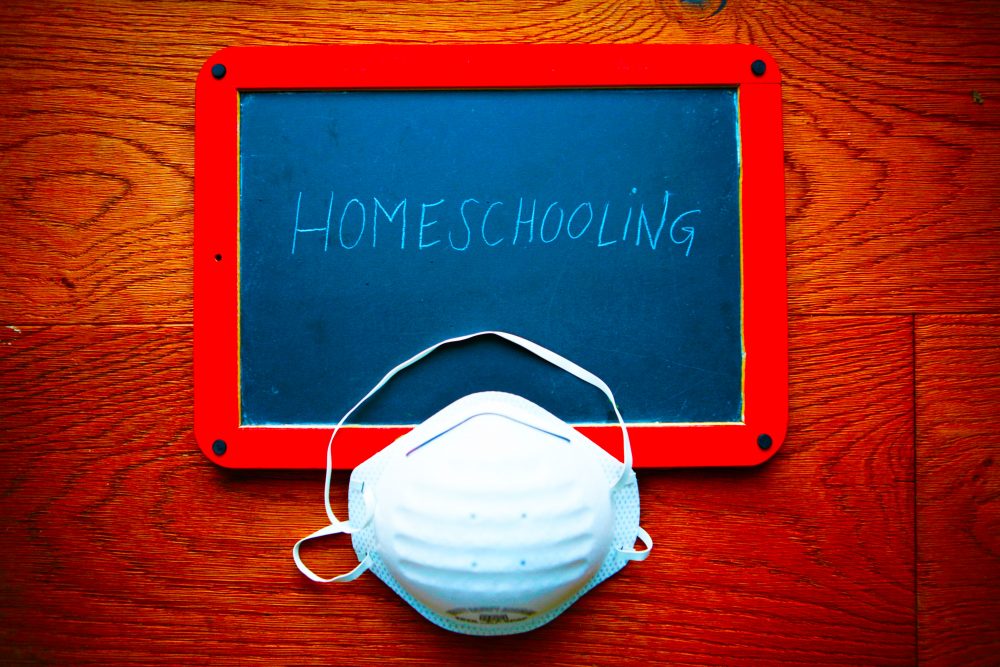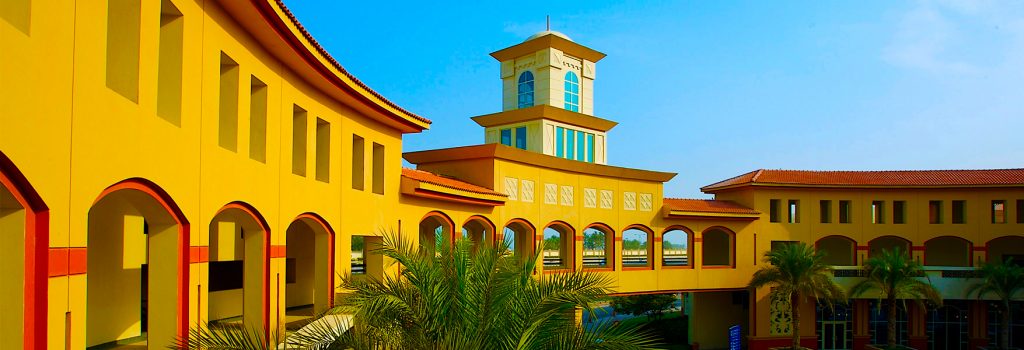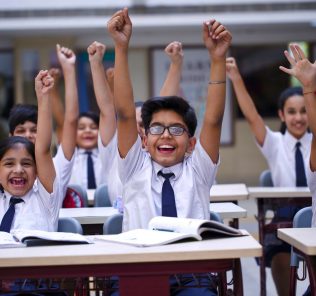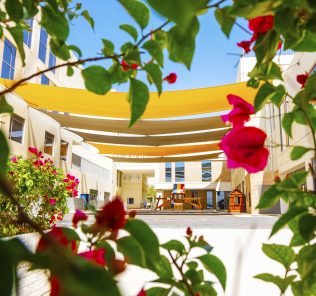Covid 19 First Wave. Distance Learning and Home Schooling a Forever Option? A Report from the Front Line.
Background: Covid 19 First Wave. Distance Learning and Home Schooling a Forever Option? A Report from the Front Line.
With the First Wave of Covid 19 behind us, and school now confirmed for re-opening in September, we look at some of the lessons learned. It’s not been easy for most of us as parents. The joy of time with our children has been matched with economic worries and the weight of responsibility about the impact Covid 19 has had on the education of our children. For this feature we spoke with parents who have shared with us some of the realities that they have faced during lock-down, and the different experiences they have had with Distance Learning and home schooling their children.
Reality on the Ground? Every Family is Different. Children will all Come Out of This with Different Experiences – and Needs, Moving Forward.
While many parents have been struggling over recent months balancing busy working from home schedules and distance learning, the experience has not been the same for everyone. For parents with multiple children, or smaller homes, or loss of employment, the time has been tough. Juggling family life and heavy workloads – or looking for work, have offered little respite from worry. Demands from all sides, both professional and personal, have proved the stuff of nightmares. And as we all have, until recently, faced the seemingly interminable wait to even know what September will look like, whether our children would face a blended system of distance and in-class learning, full return or a continuation of distance-learning, the lack of clarity has only doubled our fretting.
But for some pupils, home schooling has been a period of academic advancement as they have thrived with the ability to take more time to understand their school work, to have more time to be helped by parents, or simply to have more energy from a shorter day.
David Dingus, Research Associate from the Sheikh Saud bin Saqr Al Qasimi Foundation for Policy Research told SchoolsCompared.com that there have been many factors at play, including the preparedness of schools to deliver distance learning from a curriculum not designed for it, to technological readiness and the digital
literacy of teachers. A student’s ability to engage, space at home, and access to a teacher have also been key factors. Not least has been the issue of parental support – not every parent has been able to be there for their children, whether that is because they have been torn between multiple children or torn between distance learning and a demanding working from home position or seeking new employment.
“For a primary student, the parent will need to be much more involved and the abilities of the parents to offer support are critical in their primary student’s ability to engage in distance learning. Students who are successful at distance learning will also be able to work autonomously, have the necessary level of digital literacy, stay organised and manage their time, and have an inherent motivation and understanding of the importance of learning,” he says.
Socio-economic status also plays a huge role in the benefits of home schooling, he says. “More affluent households will either be able to support their children directly or have hired help, such as a live-in nanny, who can support children during distance learning. In contrast, less affluent households are more likely to not only not be able to hire help, but are also more likely to work outside of the home, have a lower level of education, have fewer devices to go online with, have a slower or no internet connection, and less
space to engage in distance learning in,” he explains.
In this way, although education is thought of as a great equaliser, he says distance learning can actually worsen education outcomes along economic lines and thereby increase inequality, including for those with any disability.
Parents Share with SchoolsCompared.com their Experiences….
Julia Hicks has two boys, Brendan, age 11 and Aiden, 4. As Brendan suffers with dyslexia, the process has in fact proved positive. Though the first week was very challenging for everyone, Brendan is now totally independent, though Mrs Hicks and her husband, David, do have to keep an eye on him so he tries not to rush his work. “How we find it’s better for him, is he has less distractions. As a dyslexic it’s very hard to keep his focus. He will get easily distracted by other kids so on his
own in a room, he’s focusing on the job, and now he will recheck and submit the work properly,” explains Mrs Hicks.
Brendan also discovered he’s good with electronic devices, coding, computers – and he’s even helped his teachers. Significantly, Mrs Hicks notices he has more energy:
“He has more time and is less tired so has time for extra things like reading, which he does with a better attitude. When he got home from school he would be tired and wouldn’t want to do anything else.”
There is also no homework now. Previously, Brendan had five subjects but now everything is done in school time so weekends have been a blessing:
“We got our weekends back and don’t need to chase him round the house convincing him to do homework. It used to take up half the weekend
sitting down with him to do his homework. This way, he also gets to socialise with the friends he likes better, and can pick and choose without the distractions of the school environment where not everyone likes each other.”
Walid El Khoury and his wife, Aline, have their own businesses, and have been able to spend time with their daughter Thea, 11, as she navigated her way through distance learning. Though Lebanese, Thea had always struggled with Arabic, speaking at home with her parents in French and English, and attending a French school.
“Her grades overall were good at school, but in certain subjects she showed improvement because she had more time to work slowly, have extra help from us and she was working without feeling under the pressure of time like in a classroom,” said Mr El Khoury. He explained that the parents’ role is very important as the children are curious:
“She can still get distracted even by daydreaming or a pencil she picks up and starts drawing. You can’t leave it to the institution to teach the kids. The parents still have to control the time spent studying. She could study one hour and play for two, so even at home there should be structure and discipline. This is what kids lack and where our role as parents comes in.”
In Arabic studies Thea takes extra courses at school but, since being at home, she’s “much better”, says Mr El Khoury, “absorbing the content more, and enjoying it more.”
“Especially during this time as we’re at home, she has easy access to us to help her, so we speak more Arabic with her now and she sees us more. Because of the situation, us being present most of the time, it has helped her improve. She’s doing better in Maths as well. She was good already but the mistakes are less, as she’s not rushing everything like in class.”
Instead of a two-hour commute to and from school, now, she’s finished by 1.30, instead of arriving home at 3.30pm
“Now, she’s waking later, instead of six, waking at eight, and instead of being home tired and exhausted and still having homework, she’s done by 1.30 with everything so she has the whole afternoon and evening to herself.”
Though Thea values this new time, she’s still only 11, and misses her friends and stimulation of after-school activities:
“She needs stimulation now but with the confinement she finds it harder.
Mr El Khoury told SchoolsCompared.com that they have had to innovate during home schooling:
“We need to teach children to read more widely than the books the school gave us. We have had to guide them with documentaries to inspire them. We have had to innovate new ways to study arts and crafts, sports and other activities which at school we took for granted. Kids do need encouragement studying from home.”
There have been times that the family have considered both continuing full-time home schooling and moving Thea completely away from her existing school, as well as the contingencies of continuing should her school continue distance or hybrid learning:
“If this were the case, we would schedule sports, music, social activities. Even just in the playground the kids are running round, moving, but at home there is minimal movement, so we have to get them active.”
While academically she has benefited, there are social consequences:
“She values friendship and interaction time with others. Being exposed to many cultures and environments builds up her character. If schools opens again I will send her, but I will not insist on it, if it’s optional. Socially it’s had impacts. She’s become a little more shy than usual, more conservative in expressing herself.”
This aligns with advice from Mr Dingus. He advised SchoolsCompared.com that socialisation is a critical component of the development of a child:
“Children who are successful at distance learning will generally need to have some other avenue for socialisation. But Distance Learning also raises additional concerns because it inherently limits a child’s exposure to different types of people with different lifestyles, ideas and opinions. This exposure is more likely in traditional “bricks and mortar” schools. Of course, Distance Learning too is significantly more likely to disadvantage children from lower income households because the ability of these parents to engage children in activities outside the home, where those activities have a cost, is much more limited.”
The Case of iCademy Middle East
For many families, finances and worry have played equally big parts in navigating through the educational challenges of Covid-19. The only KHDA approved online learning centre, iCademy Midle East, has seen applications and enquiries “sky-rocket” since the beginning of March as parents have sought out professional help to educate their children at home as they perceive their existing schools failing their children.
September enrolment has already risen by 197% year-on-year, with families switching from traditional schooling to online, or hybrid schooling (iCademy operates both a pure on-line school or a blended programme in which time is spent both at the Academy and at home).
Even today, with the return to school now confirmed for many children, the numbers enrolling their children at iCademy continue to rise – and many parents, having experienced the benefits of on-line schooling, have told SchoolsCompared.com that there is no going back, for them, to traditional schooling. More information on iCademy Middle East can be found in our independent review here.
Cody Claver, General Manager of iCademy Middle East, told SchoolsCompared.com that a majority of their parents are moving to the Academy because of dissatisfaction with the quality of education at their existing schools during Covid 19 or financial constraints that have flowed with the pandemic. Many thousands of families have left the UAE, or are leaving – but many more are determined to stay and have seen iCademy as a means to both more affordably provide an outstanding education for their children within their new financial constraints and continue to spend time with their children.
“iCademy Middle East is able to serve students located anywhere in the GCC, Middle East, Asia and Africa,” Mr Claver explained, though the Academy also has an online programme that serves Europe (the International School of Bern (Switzerland) Online (ISBO)). Mr Claver explained further that:
“The fact that iCademy Middle East is a fully accredited American curriculum school is attractive to parents internationally and the High School Diploma and Advanced Placement qualifications we offer enable students to apply to top universities worldwide whilst also enabling families and children to benefit from the many broader ‘whole child’ advantages of educating their children at home.”
Around 70% of new students are coming from British curriculum schools, 20% from American curriculum schools and 10% from other curricular.
“We have a track record of success with students that parents are recognising and looking for in these uncertain times,” he explains.
“Now, the emphasis is less on the type of curriculum and more in the quality of the learning experience and child engagement. Given the severe economic distress that families are facing, price is a factor in their decision-making. We are a low-cost, very high value option for parents who insist on nothing less than an outstanding world class education for their children – one that opens the same doors that traditional schools do to top universities worldwide.”
Fees at iCademy Middle East are just AED 18,332 for Lower and Middle School students and AED 25,672 for High School students. This compares favourably with the average AED 60,000 fee structures faced by most families.
Whatever schools look like when they reopen, Claver thinks September will be telling. He expects more parents to sign up to home schooling once the summer holidays are over, joining an iCademy role of more than 800 pupils, aged from Kindergarten to Grade 12.
Since the Covid recruitment campaign began in March, the school has attracted students from more than 51 nationalities, including American (14.2%), Indian (6.7%), Egyptian (6.1%), Canadian (5.5%), Emirati (5.5%) and British (4.9%), split almost equally between boys (47%) and girls (53%).
Percentage of iCademy Middle East students by grade:
| Grade | % |
| 1 | 8% |
| 2 | 10% |
| 3 | 8% |
| 4 | 10% |
| 5 | 8% |
| 6 | 10% |
| 7 | 6% |
| 8 | 9% |
| 9 | 8% |
| 10 | 6% |
| 11 | 7% |
| 12 | 4% |
| Pre-K | 1% |
| KG | 4% |
| Total | 100% |
Bottom line? The SchoolsCompared.com View of Distance Learning and the Lessons from the First Wave of Covid 19.
Many parents ask us to tell them “the best school” in the UAE. Regular readers will know that there is no simple answer because there is no such thing as a best school for all children. Nor is there a simple metric that easily answers the question. Some of the best schools for examination results, for example, are designed around the needs of the most academically gifted children – and the average child will not thrive at these schools. Some schools offer specialism in the Performing Arts and Music. Others focus on BTEC. There is only one school in the UAE too, for example, the British School Al Khubairat in Abu Dhabi, that offers a BTEC in Engineering. Every school has something special to offer – and the needs of children are all different. The best school for one child may well, probably will, be the worse for another.
As the ravages of the First Wave of Covid 19 has impacted on all of us as parents, the experience of Distance Learning has thrown up the same sort of answer to the conundrum of whether Home Schooling through Distance Learning, or a hybrid of school and distance learning together, “is better” than traditional schooling. For some children the answer is yes, for others, no.
Many parents, after the experience of Covid 19 and educating their children at home, will now simply not return their children to their traditional schools. For these families, the experience of Distance Learning has seen their children thrive emotionally and academically.
For other parents, Covid 19 has proven nothing less than an academic and emotional disaster which will see responsibility heaped on schools when their children do return to help them catch up and recover.
The lessons learned? There are no right answers – only the right answer for our children individually. If Covid 19 has had a silver lining, it is that the children who need traditional schooling will return to outstanding schools that have spent months preparing to help every one of them, in different ways and according to their individual needs, recover from the experience from studying at home – and that, equally, many other families have discovered a new, different and absolutely wonderful and wonder-filled way of educating their children that works much better for them.
If there is to be a Second wave of Covid 19, or not – and let’s hope not, there can be no more valuable lesson than to have discovered the right school for our children – even that has come, for many of us, at a very, very, high price.
Roll on September …
©SchoolsCompared.com 2020. All rights reserved.














































































Leave a Response